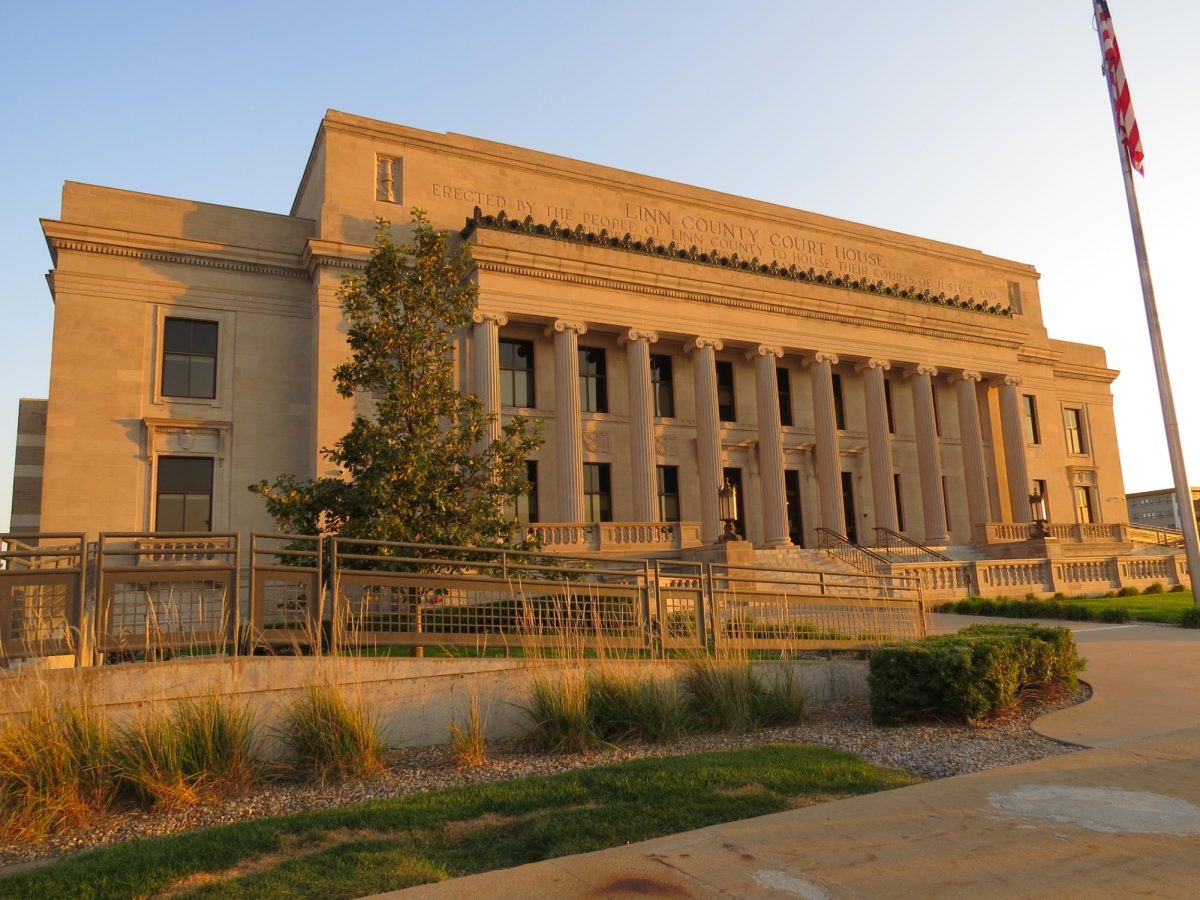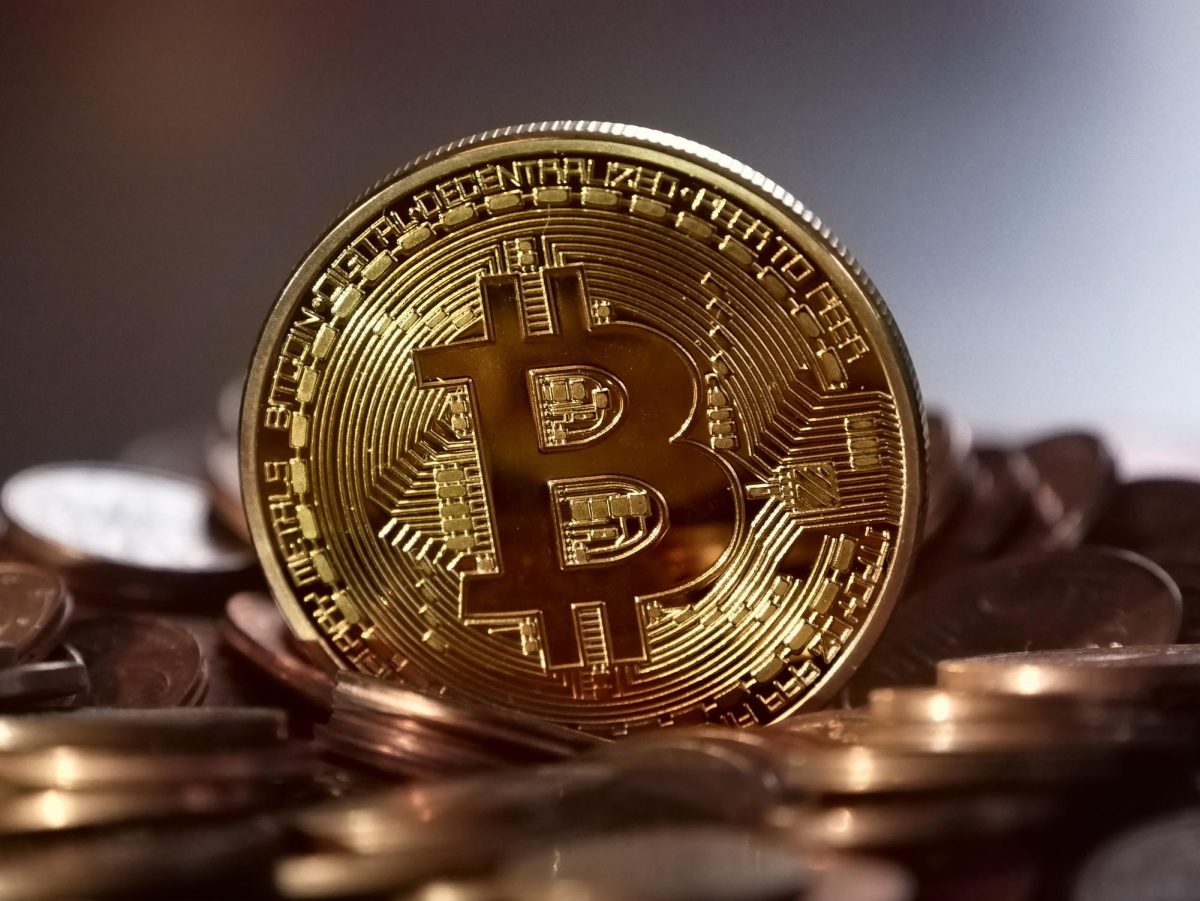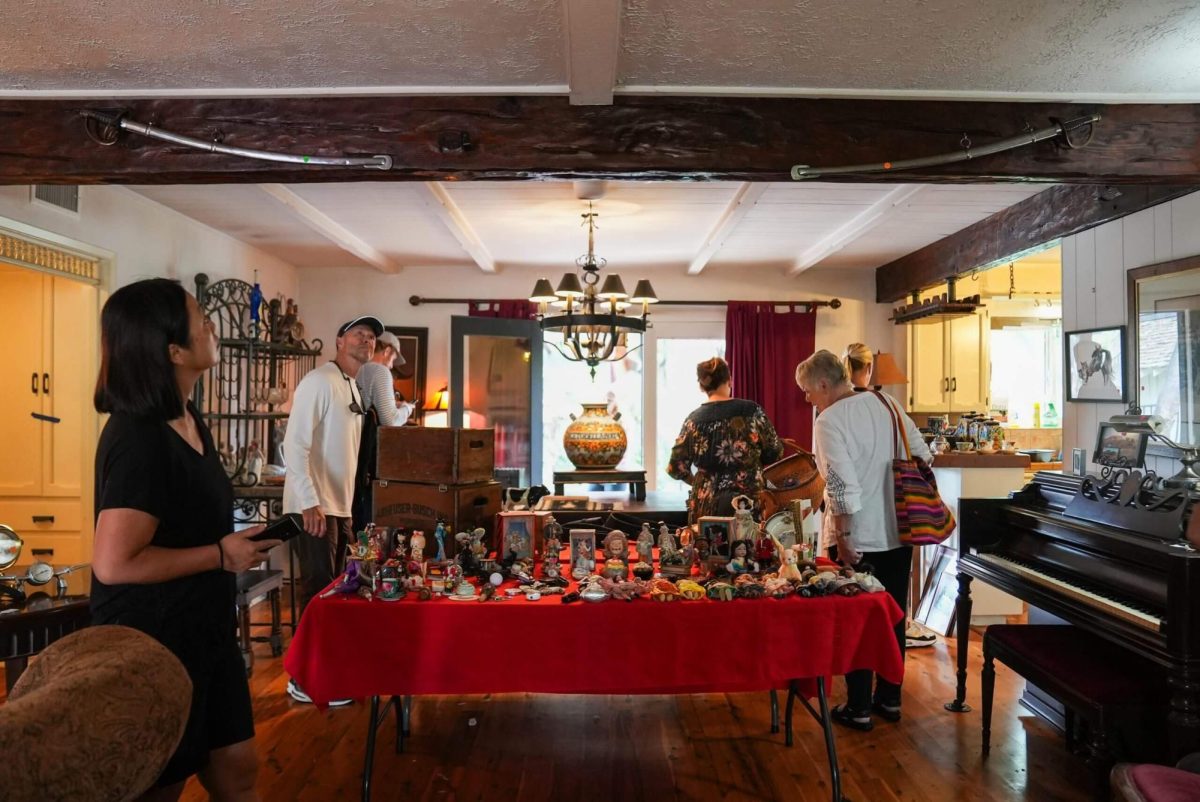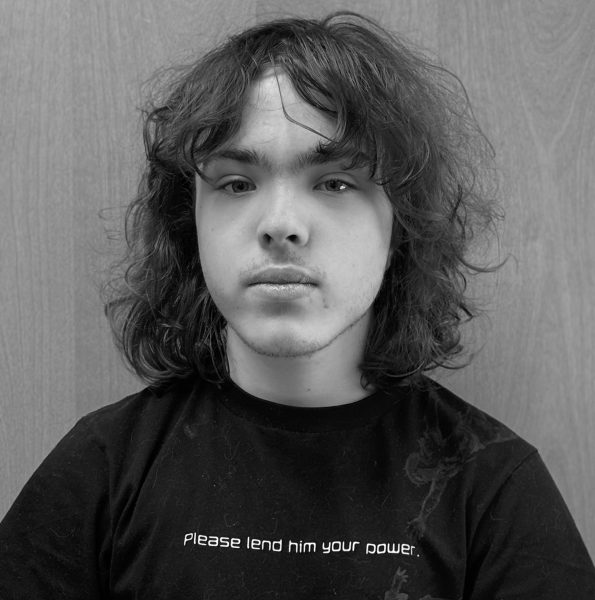It had been a controversial four years in the Brazilian government, said mildly. Of course, that was par for the course to former Brazilian president, Jair Bolsonaro.
Recently, Bolsonaro was arrested on charges of attempting a government coup. This may seem far away; something that doesn’t affect you personally. However, according to Washington High School Social Studies teacher Rodney Egel, “there are unfortunately numerous coups happening very frequently throughout Africa and parts of SE Asia,” even now. This is happening everywhere, and regardless of if you personally think about politics or are interested in the topic, politics—to some extent—does affect you. It’s always good to stay informed; there are some remarkable similarities and parallels to American politics. Additionally, Bolsonaro is simply just a wildly interesting man.
After a wildly colorful military career in which he’d at variable points been described as “aggressive” and having “excessive ambition for financial and monetary gain” as well as being reprimanded for both attempting to mine for gold (which he later claimed was just “hobby and mental hygiene”) and prosecuted for attempting a (technically unconfirmed) plot to bomb military units, Bolsonaro began to gain popularity among the political right for his criticism of low military wages and claiming that the time’s army firings were because of budgetary cuts and not the reasons the government had stated to the Press.
It was this last event that catapulted Bolsonaro’s political career. Bolsonaro had a very short stint for two years as a city councillor, in which he was considered unassuming and quiet, but fought for causes relating to the rights of former army officers. Immediately after this period, Bolsonaro was elected as a Congressman for Rio de Janeiro— his popularity skyrocketing among far-right citizens throughout the 27-year tenure. During this time, he was listed on the Lista de Furnas, a list condemning a corrupt money laundering scheme and multiple cases of fraud, while claiming to be persecuted by the radical left.
In 1993, he declared “I am in favor of dictatorship,” referencing the previous military coup that had ended in 1985. He claimed that people in the streets were asking when dictatorship was “coming back,” and cited inflation and the economy as key reasons for his support of the military’s return. “At the time of the military regime, the economy grew 6 percent a year, you could buy a car in 36 months,” said Bolsonaro, while wishing for “discipline.”
Late into this period— in 2017—Bolsonaro switched parties to what was called the Social Liberal Party. While formerly leaning left, after Bolsonaro’s switch the party adopted far-right values, with the more liberal portions of the coalition’s generality leaving.
Then the party nominated him for President. He adopted the slogan “Brazil over everything. God above everyone,” fighting a hardline on crime and for “traditional family values.” Quickly, he became the first candidate to raise R$1,000,000. Bolsonaro then became the frontrunner in the election, and won. Then, on the eve of victory, the politician made a controversial speech; speaking to his supporters, Bolsonaro pledged to arrest or kill left-wing Workers’ Party dissenters in a speech widely condemned by academics everywhere.
Then, he was stabbed. After a tumultuous period of recovery, Bolsonaro survived. But it set an immediately controversial precedent for a presidency equally such.
While Bolsonaro started out relatively popular, and his first year was quiet—focusing mainly on the economic recovery since dictatorship which he had spoken on so long ago—his popularity started to fall during the COVID-19 pandemic, which he downplayed and called a “fantasy” invented by the media. Once, at a Bolsonaro rally, his security guards and supporters wore masks, but the man himself did not. There was even an attempted impeachment on the charge of misinformation. But, it didn’t go through. Brazil ended up as the first-most affected country by the COVID-19 pandemic. Over 500,000 died.
During the rest of his tenure, Bolsonaro fought for decreased protections to Indigenous Brazilian groups, was against same-sex marriage, abortion, and secularism. He also advocated for closer relations to Israel, the U.S., and other BRICS (an organization for middle-developing countries). However, Bolsonaro also fired many former officials and appointed ones who varied from having high-level allegations of corrupt practices and support of the military dictatorship. In 2022, one of his finance ministers was arrested on corruption charges, which Bolsonaro defended.
Bolsonaro, of course, still held much popularity, and decided to run again. After shopping around various conservative parties, Bolsonaro settled on one and began his campaign.
Then something happened: Bolsonaro lost.
This set off a flurry of events. Bolsonaro accused the voting-machines of fraud. While investigations called these ideas “unfounded” they generated much sympathy from his right-wing supporters. In January his supporters instigated a violent riot in the Capitol’s Supreme Court in an attempt to coup the new administration, which Bolsonaro later condemned.
The former President returned to Brazil from refuge in Florida, at which point he was submitted for questioning and also prosecuted with criminal conspiracy and money laundering for undisclosed diamonds he had allegedly gotten from Saudi Arabia during his presidency. But was something else going on behind the scenes?
In November of 2024, Jair Bolsonaro was arrested by the federal police for charges of fraud on his COVID vaccine records, and was later charged for “violent abolition of the democratic rule of law” and “criminal organisation.” He is also considered to have attempted to overturn the election. He is alleged, as well, to have been in the room—and approved of—a plan printed by a top aide to assassinate the winner via poison.
The aide, of course, denies having shown it to Bolsonaro, and Bolsonaro denies awareness. In the end, despite this denial, Bolsonaro was sentenced to 27 years in prison.
An interesting development has occurred recently, however. U.S. President Donald Trump has come to the defense of Bolsonaro. This is intriguing because both political figures have remarkably-similar political histories and beliefs; almost beat-for-beat. They both are generally-considered right-wing populists, and advocate for traditional family values; are against homosexuality, show a country-first nationalist view, and struck controversy for their reactions to the COVID-19 Pandemic. They both took regulatory stances on abortion, though Bolsonaro’s is more extreme. Both, when losing an election, criticised the government and the left for alleged rigging of the results. However, President Trump of course did not take the extreme actions which Bolsonaro attempted to.
Perhaps, it’s no wonder Trump came to his aid; the issue (and issues they believe in) are close to his heart. Regardless of one’s belief on the matter of either— Were President Trump and Bolsonaro truthful in their allegations of a rigged vote? Did Bolsonaro really plot to kill his successor? It is always necessary to look at a multi-sided argument with a critical eye. Perhaps it’s best we follow Bolsonaro’s own personal motto: “The truth will set you free.” Whether that is true for Bolsonaro remains to be seen.



















